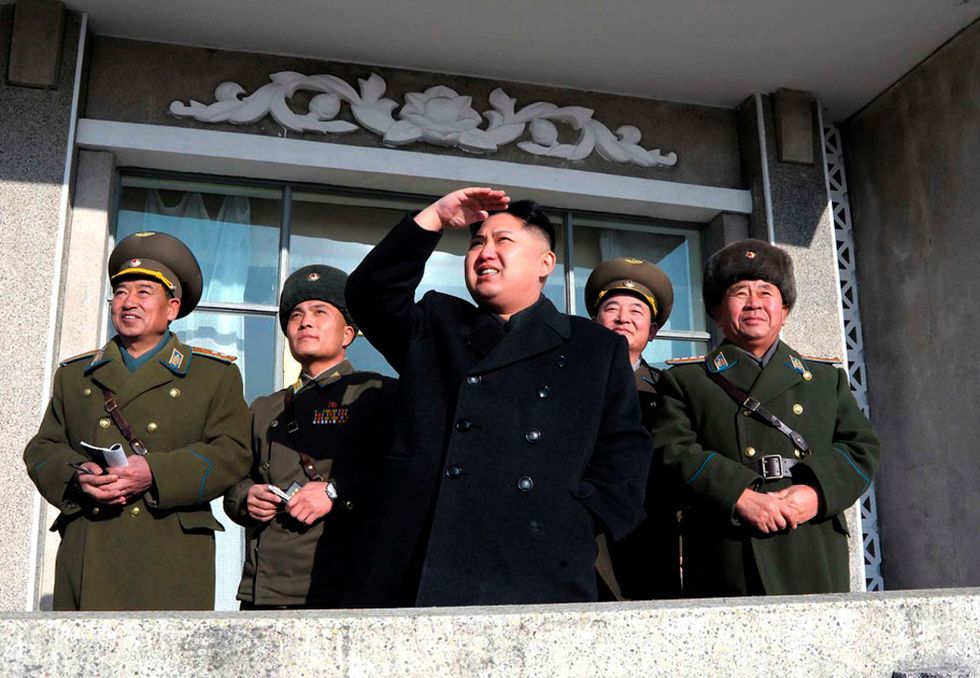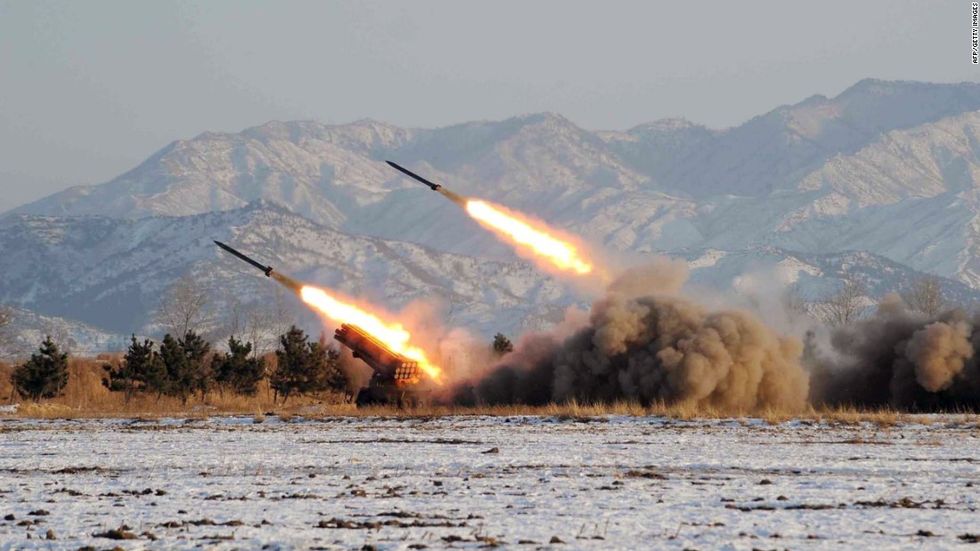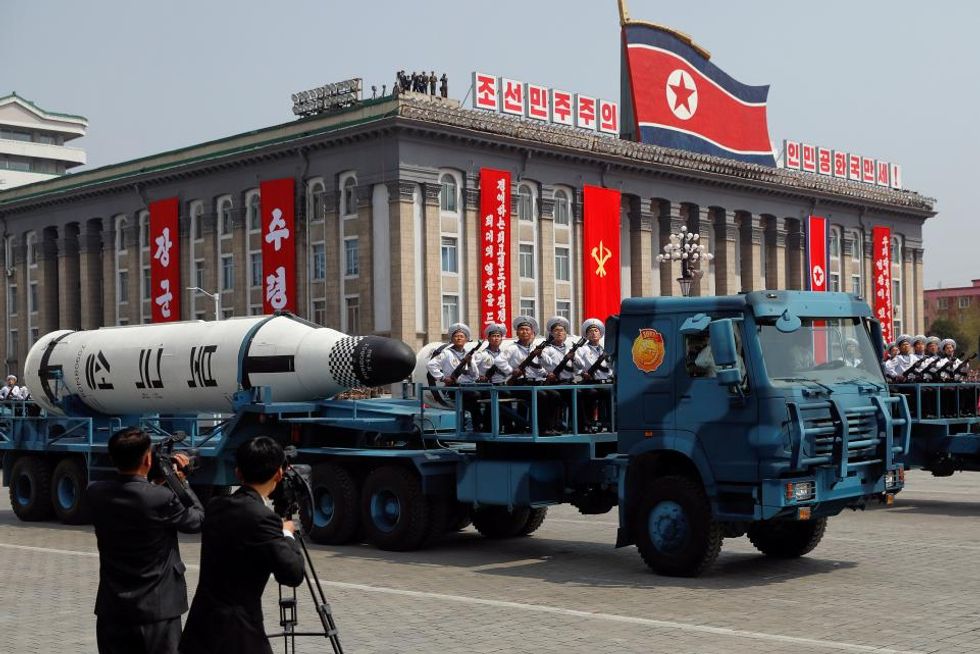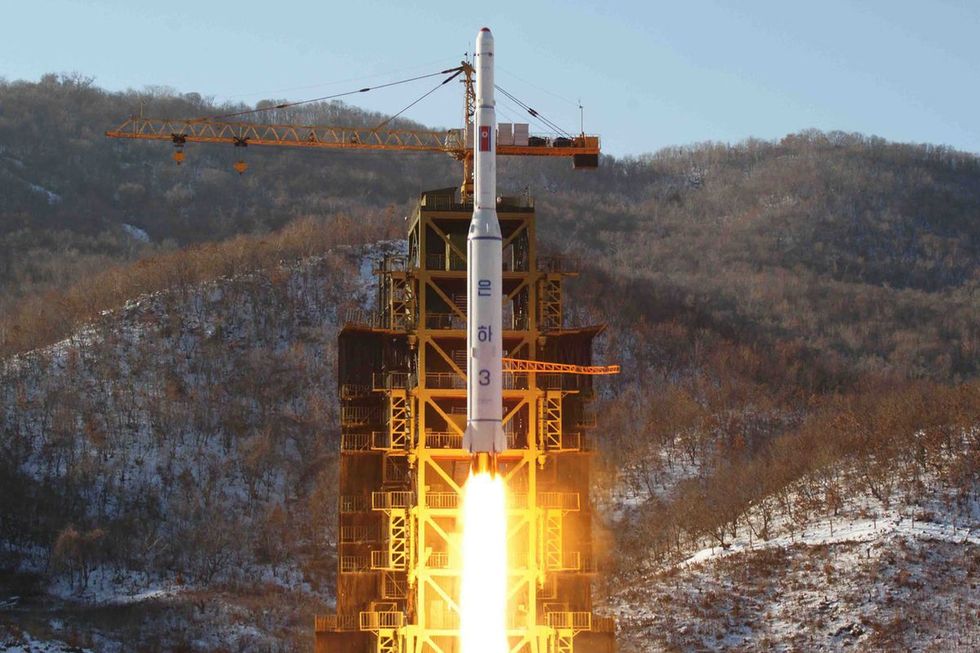In the last year, North Korea has been launching a lot of missiles. Although they have all remained simply tests to this day, they’re meant to send a message. North Korea is armed and dangerous. They’ve demonstrated that their missiles can destroy Seoul, Tokyo, US military bases in the Pacific, and recently, even reach as far the Pacific coast of the United States mainland.
With claims that they have a hydrogen weapon, a warhead at least 1,000 times the strength of the atom bomb that was dropped on Hiroshima during the Second World War, North Korea has laid a veil of fearful uncertainty over not only its neighboring Asian powers but the United States as well.
However, the threats of nuclear technology held by North Koreans itself is old news rather. Since 2006, North Korea has contained nuclear bombs in its arsenal. The problem was, while they could certainly attempt to attack their bordering neighbors, the aircraft needed to deliver the bomb would likely be shot down before it reached its intended target.
The most effective way to deliver a nuclear warhead is via a missile, and although North Korea has previously achieved success in and gained a hefty arsenal of short and medium-range nuclear missiles, it is only three months ago that they performed their first successful test of an ICBM nuclear missile (Intercontinental Ballistic Missile - a long-range missile capable of reaching the United States).
This raises an important question: Why is North Korean so dead-set on building an ICBM? The North Koreans first got their hands on nuclear technology in the mid-1950s when their biggest and most powerful ally, the Soviet Union, helped them build nuclear reactors to power their developing nation.
Alongside the reactors, the massive Soviet nuclear arsenal helped to protect the nation from South Korea and its massive US nuclear arsenal. But when in 1991 the Soviet Union collapsed, this protection disappeared, leaving then-dictator Kim Jong Il (father of Kim Jong Un) to take matters into his own hands by using the nuclear reactors to make weapons.
Since the beginning of this program, President Clinton attempted negotiations to de-nuclearize the hermit nation, President Bush tried suspending negotiations and threatening, President Obama tried to wait out the problem, and now President Trump is taking a very aggressive stance. The reason all of these tactics have failed to work according to plan is that the Kim dynasty believes that proven nuclear capability is the only way for their security. Seeing foreshadowing of their own future in the the US’s toppling of Saddam Hussein due to the fear of nuclear capability and the toppling of Libyan dictator Muammar Gadhafi by local rebels following his surrendering of his nuclear program, the Kim dynasty seems intent of remaining in their position of power.
In short, the reason for North Korea’s hasty pursuit for ICBMs is security. Seeing parallels between their regime and those of Libya’s Gadhafi and Iraq’s Hussein, nuclear capability is viewed by the Kim dynasty as their security in rule. While it is yet uncertain on which way the North Korean - US nuclear controversy will escalate, one thing for sure is that the North Koreans will not give up on this endeavor anytime soon.




















